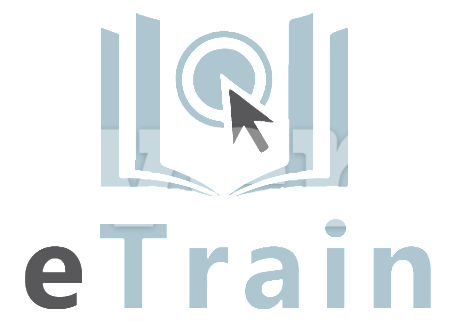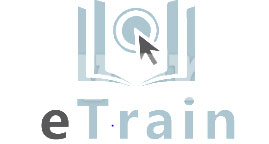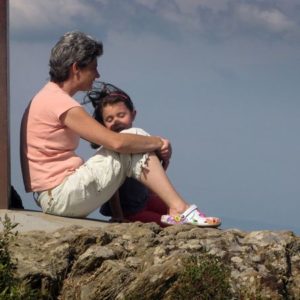Description
High quality early education, childcare and play-work is important to help children get the best start in life in their crucial formative years. These years help children to develop social and learning skills that will support them throughout their lives.
Learn about observations which, as a childcare practitioner, will become a daily requirement. Positively effect and manage a child’s behaviour, as well as encourage positive development both mentally and physically through behavioural management and nutrition in the early years. You will undoubtedly aspire to be the best at what you do and understanding concepts such as the Early Years Foundation Stage Statutory Framework will help you to achieve your goals. You will then visit the topic of the Revised Early Years Foundation Stage which should be followed as it sets the standard for the learning, development and care of children from birth to the age of 5. Then you will be able to effectively embrace the idea of a rich learning environment and how to create and sustain a stimulating learning environment for children from all walks of life, meaning you can ensure children achieve their maximum learning potential. You will also learn about self-esteem in young children, this module is aimed at those working in an early years setting and it explores the answers to the following questions: What is self-esteem, why is it so crucial to children’s development, and how can you contribute? This course outlines the characteristics of a child with healthy self-esteem and compares this to characteristics of children with low or poor self-esteem. You will learn what you can do as a childcare practitioner to support the development of children’s healthy self-esteem.
KEY LEARNING POINTS
Get to grips with the two main types of observation assessment – formative (continuous observations) and summative (assessment summaries that are occasional). Understand more about the types of observations that can be made, and why you would choose to carry them out.
Learn about the various factors that need to be taken into account when making observations, including ensuring realistic expectations are in place, and ensuring practitioners are well trained, capable and confident.
Appreciate the need for parental consent before observations are made and recorded.
Get to grips with the EYFS 2008 Principles in Practice cards and understand their content. Understand Section 1 of the EYFS statutory framework, with regards to learning and development, as well as the Development Matters in EYFS content.
Understand what makes an effective observation, and how the evaluation can help to decide on the child’s next milestone.
Learn about effective planning, so that issues can be resolved and activities and strategies can be implemented to help a child’s development.
Identify some of the rules that need to be followed with regards to confidentiality.
Understand that a child’s development begins from the moment of conception, and both natural and environmental influences (including the adults who care for them) can affect their developmental achievements.
Make yourself aware of the child’s needs, by acknowledging the five outcomes outlined in Every Child Matters.
Appreciate that every child is unique and needs to be treated as an individual.
Enhance your knowledge of brain development in young children, with the help of extra reading and clickable article links. Consider what activities can be prepared to help guide a child along their learning journey.
Understand some of the various child development theories, including the science of early childhood development, and the effects of society on a child’s development.
Learn about the benefits of instilling good communication skills in very young children.
Explore how you can model good communication in children and the positive influence this will have.
Discover how communication and language underpins all children’s learning.
Read the informative texts How to Communicate with Children at Different Ages and Stages of Development and Supporting Children’s Speech, Language and Communication Development.
Study the Communication Trust’s guide to stages of communication in children from birth to five years.
In Talk Together by ICAN, gain insight into helping babies and very young children learn talking skills.
Explore the relevant sections of the Department for Education documents Statutory Framework for the Early Years Foundation Stage and Development Matters.
Expand your knowledge by watching presentations on Supporting Communication and How to Talk so Children Listen and How to Listen so Children Talk.
Move on to watching four videos in the series Through the Eyes of a Child on the Communication Trust website, with the option to read the accompanying guide for childcare workers and watch a further video.
Learn how to ask children open ended questions, and recognise when (and how) to challenge them to improve their skills. Learn how to help them gain independence and learn for themselves, as well as encouraging them to interact with their peers with minimal adult intervention.
Think about the various learning areas that are part of your learning environment, and learn more about how these areas can be made even more stimulating than they already are.
Learn how to plan a room, and how to link the various areas and activities to the early learning goals. Ensure that the environment meets the needs of all children who will be using it, regardless of their individual requirements.
Gain insight into how to designate responsibility to staff, so that all keyworkers and practitioners can be part of this enabling process.
Understand the need for a richly resourced environment, filled with activities that can be explored and enjoyed.
Understand the importance of outdoor learning, and recognise some of the ways in which education can be taken outside, such as within outdoor learning environments, or via the implementation of forest schools.
ADVANTAGES OF THE COURSE
12 months unlimited access to the course content.
Sign in and study anytime, anywhere. All you need is an internet connection!
24 hour, Monday to Friday technical support.
Course completion certificate once you have completed the training.
Get your CV to the top of the pile using the knowledge and skills you have gained.
CACHE Endorsed Certificate(s) Included.
This Cache endorsed course is delivered by Laser learning our official partner.
Units of Study
Further Info
Observing Children
Child Development
Communication and the EYFS
Developing Self Esteem in Young Children
An Enabling Learning Environment







Reviews
There are no reviews yet.